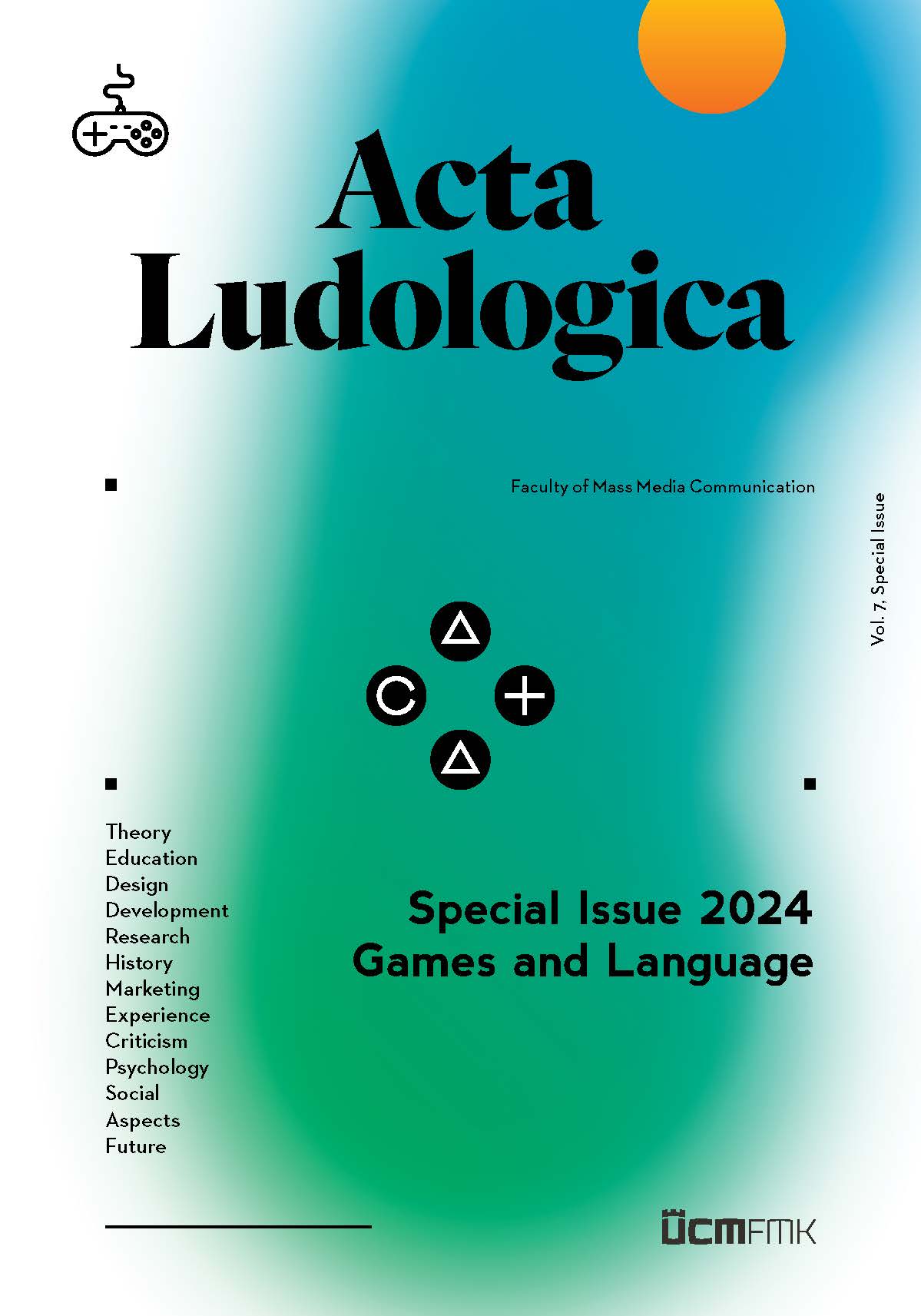Hana Pravdová, Monika Cihlářová
ABSTRACT:
Sid Meier’s Civilization is one of the most prominent game franchises thanks to its distinct contribution to the strategy game genre. This is evidenced by the game’s inclusion as one of the few games in the World Video Game Hall of Fame. The games in the franchise feature significant replayability, allowing designers to standardize game mechanics that were typical of high-end AAA titles. Innovation, which is more often associated with low development costs, is becoming less common in the game mechanics of high-cost titles. However, original designer Sid Meier set a rule of thirds in development – keep a third of the original game components, improve a third, and innovate a third, thus emphasizing game innovation. The resulting products should deliver innovative mechanics that retain original players while captivating new ones. The purpose of the case study is to evaluate the quality of the innovative game mechanics of the Sid Meier’s Civilization digital game series within the genre and series. The innovativeness and the methods that lead designers to use them can serve as an example for other studios developing strategy games at a time when interest in strategic planning among gamers is declining.
KEY WORDS:
AAA, design, game mechanics, innovation, Sid Meier’s Civilization, strategy game.
DOI:
10.34135/actaludologica.2024-7-2.110-129
View full article

